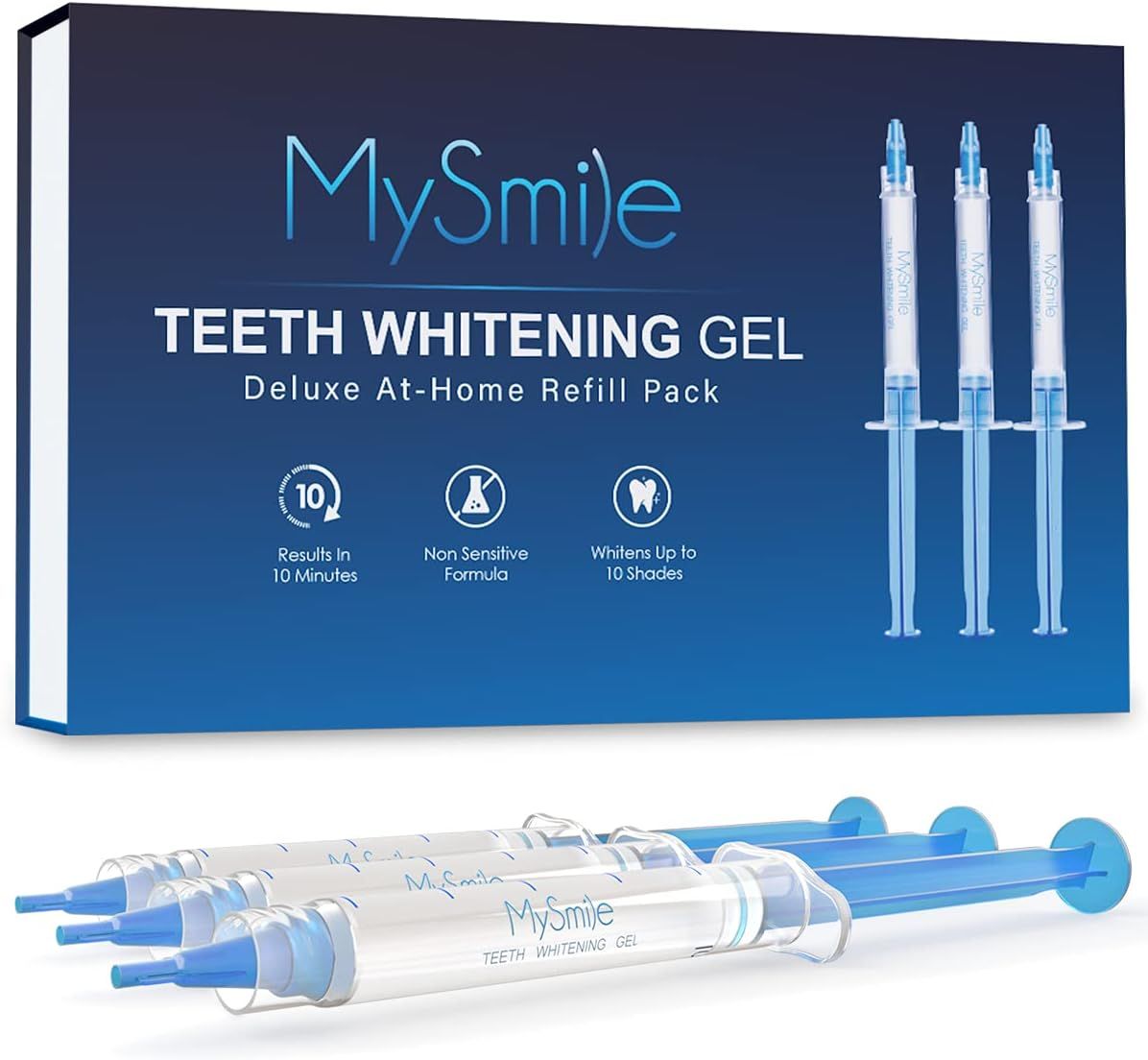Get your free Book Here
From Busy Lawyer to Man Down!
Chester’s Prostatitis a Motivational Journey
When Chester was 55 years old, he had always been a successful and busy lawyer, working long hours and dealing with matters that were considered to be difficult. Because he did not have a lot of time for himself or his health, he frequently disregarded the warning signs that indicated that there was something wrong with his prostate.
Over several months, he had been experiencing several symptoms, including frequent and urgent urination, difficulty beginning or stopping urine, discomfort or burning during urination, and pain in his lower back and pelvis. In his mind, it was nothing more than the natural consequence of getting older or the outcome of his frantic lifestyle. Neither did he want to trouble his physician, nor did he want to admit that he had a problem.
On the other hand, he experienced a terrible bout of discomfort and fever one day, which caused him to pass out while he was working. The medical staff quickly transported him to the hospital, where they diagnosed him with acute bacterial prostatitis, a severe infection of the prostate gland. His coworkers were concerned about his health. The revelation left him in a state of shock and fear, and he realized that he had been neglecting his health for an excessive amount of time.
During his weeklong hospital stay, the medical staff administered antibiotics and painkillers through an intravenous line. He was required to remain there. In addition, he was required to go through a series of procedures, including blood tests, urine tests, digital rectal exams, and ultrasounds, to validate the diagnosis and eliminate any other potential factors that could be contributing to his symptoms.
The physician explained that prostatitis involves inflammation or swelling of the prostate, which bacterial infections or other influences can trigger. Prostatitis can affect men of any age, but younger men are more susceptible to it.
In addition, he mentioned that there are four distinct types of prostatitis, which are as follows: acute bacterial prostatitis, chronic bacterial prostatitis, chronic prostatitis/chronic pelvic pain syndrome, and asymptomatic inflammatory prostatitis.
In Chester’s case, the first sort of infection was the most severe, but it was also the most straightforward to treat with medications. The medical professional said that Chester would have to take antibiotics for at least four weeks to eradicate the illness.
In addition, the physician informed Chester that he would be required to make some adjustments to his way of life in order to prevent or lessen the likelihood of having prostatitis once more. It was his recommendation that he consume a lot of fluids and stay away from alcohol and caffeine, both of which have the potential to irritate the prostate and bladder.
Furthermore, he suggested that he urinate whenever he felt the urge to do so and not hold it for an excessive amount of time, as this can cause the pressure on the prostate to increase.
He also suggested that he avoid sitting for extended periods of time and engage in regular physical activity, both of which have the potential to enhance blood flow and decrease inflammation.
He also suggested that he consume a diet that is high in fruits, vegetables, whole grains, and lean proteins and that he stay away from meals that are acidic or spicy because these kinds of foods can make his symptoms even worse.
In addition, he suggested that he give up smoking and stay away from secondhand smoke, both of which are known to be detrimental to the immune system and increase the likelihood of contracting an infection.
Additionally, he suggested that he learn how to deal with stress and practice relaxation techniques, both of which have the potential to influence the neurological system and the pelvic muscles.
Chester appreciated the physician’s guidance and decided to follow it carefully.
When he realized that his health was more important than his work or pride, he made a solemn commitment to improve his own self-care from this point on.
Additionally, he made the decision to visit his physician on a regular basis and undergo screening for prostate cancer in the event that he was at risk for the disease.
Although prostatitis does not increase prostate cancer risk, it can cause symptoms similar to those of prostate cancer and have an impact on a person’s quality of life.
He desired to steer clear of any other troubles or issues that might arise with his prostate.
After a month, Chester recovered fully from the acute bacterial prostatitis, enabling him to resume his normal activities.
On the other hand, he became more aware of his prostate’s condition and took preventative measures to avoid experiencing another episode of prostatitis.
Additionally, he became more forthcoming and truthful with his family and his physician about his condition and the emotions he was experiencing.
He realized that prostatitis does not indicate weakness or failure but rather demonstrates a common characteristic of the prostate that can be managed and controlled with appropriate care and support. If you have any of these symptoms or know some that do have them, please get them to a specialist to examine their situation.
Join our mailing list and get your Free Coloring Book.
Please click on the links below to get access to the full range of our books:
Oren Motivational (24 Book Series)
The Ultimate Guide To Interesting Stories
Mental Health (20 book series)
Author Central Blue Cherry Book Store








